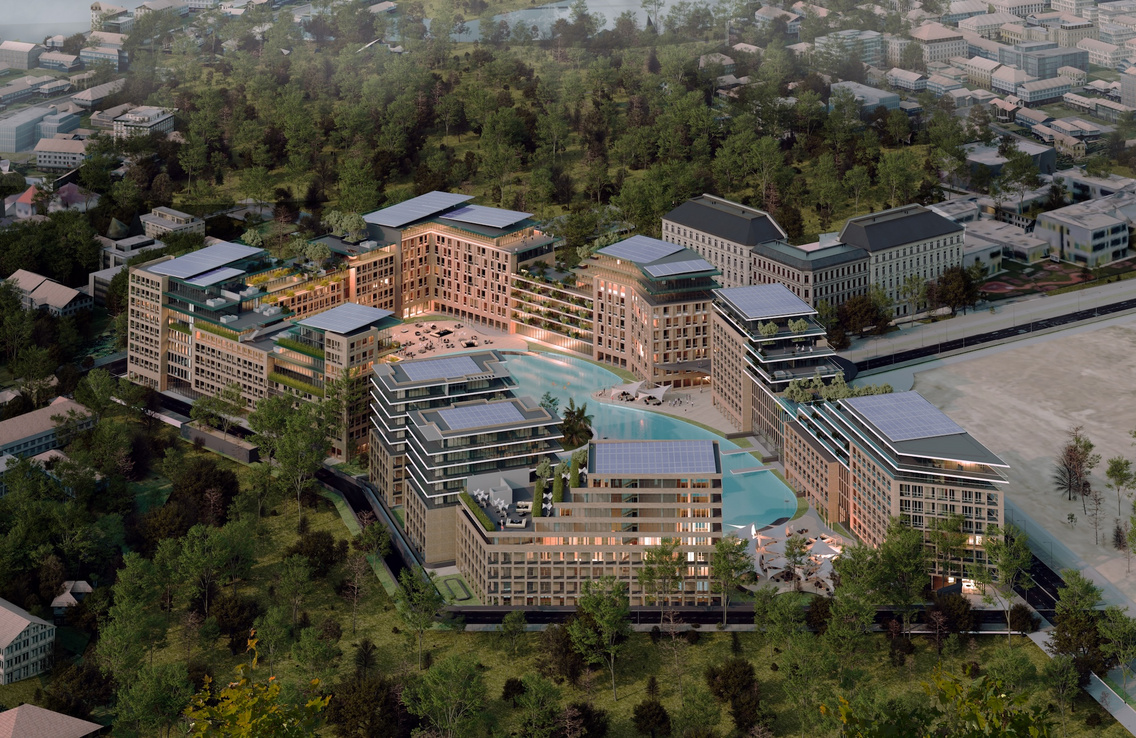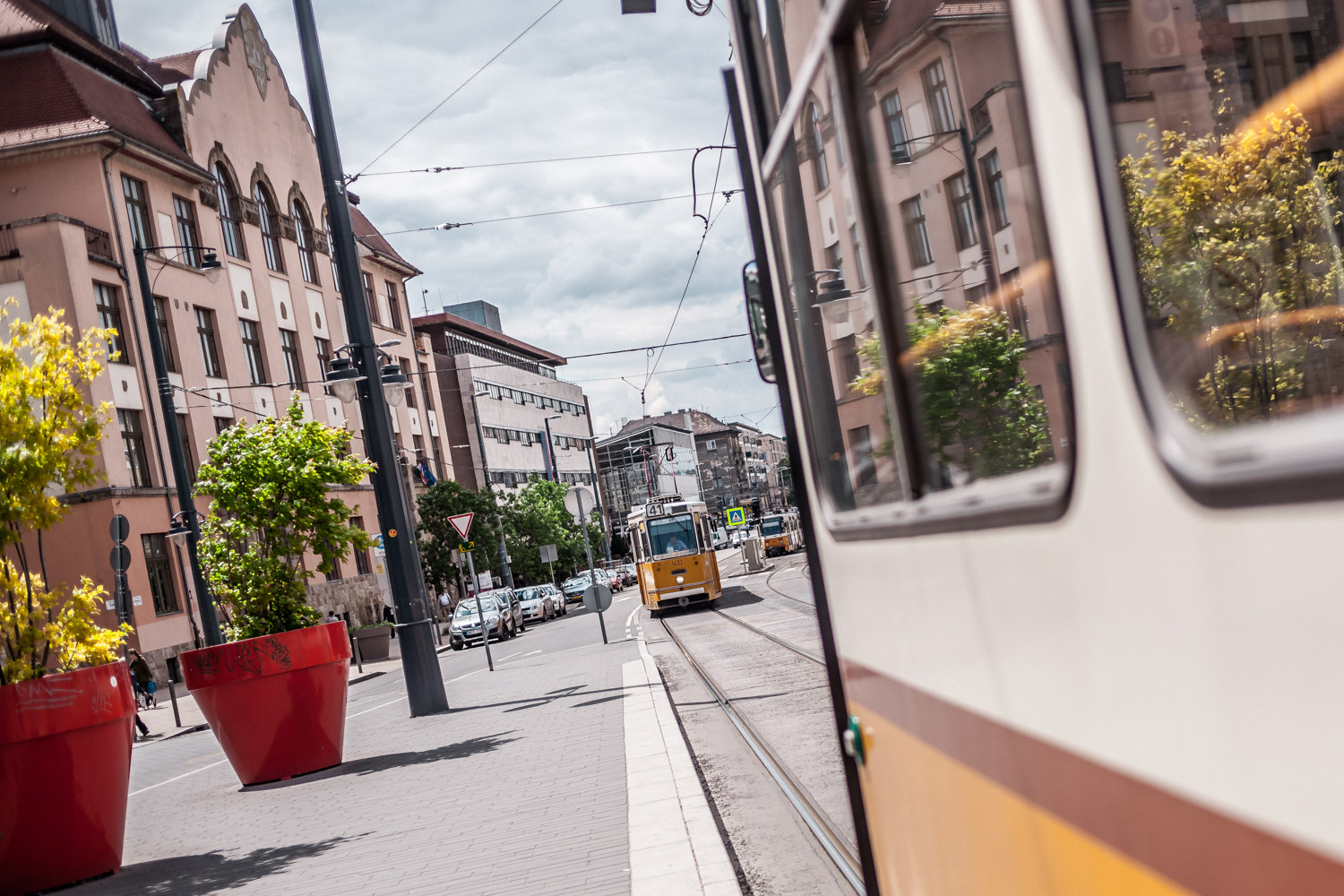According to Építészfórum (Architect Forum), an architecture news portal, the project aligns with the Accor Hotel chain's expansion plans in Budapest. News reports detail the transformation of a currently disused industrial site on the eastern bank of a Danube tributary into a vibrant urban district. Buildings will be constructed around a central body of water – a lagoon – with a design reminiscent of a luxurious tropical resort rather than a budget-friendly, sustainable lake. The project's website emphasizes a focus on 100% self-sustainability in terms of energy consumption. Central District Lagoon City will be situated in Pesterzsébet, a southern suburban area of Budapest.

IN ADDITION TO THE 10,000 SQ M ARTIFICIAL LAKE, WHICH WILL BE SUITABLE FOR BOTH SPORTS AND BEACH, THERE WILL ALSO BE A 3,500 SQ M WHITE SAND beach.
The designers' website suggests this will be a private beach, likely for hotel guests and residents (confirmation is being sought from developers).
The architectural designs for Central District Lagoon City come from Bucharest-based Razvan Barsan + Partners. This firm has experience with similar projects in Bucharest, Warsaw, Milan, and Prague. The Crystal Lagoon technology, developed by the US biochemical and water service provider, could be a visionary project, as it can be implemented and maintained with minimal energy consumption and can also benefit the environment – but only if the claims hold true.
Crystal Lagoon technology enjoys widespread adoption, with over 1,000 lagoons currently under development worldwide. However, questions remain about the suitability of such a concept for Budapest, a city lacking a coastline. Additionally, concerns exist regarding public access to the lagoon. While the project boasts a lagoon design, plans suggest a potentially closed-off environment. The surrounding buildings and potential lack of free access for Budapest residents raise questions about the project's overall inclusivity.

Scheduled for completion in 2028, Central District Lagoon City promises to breathe new life into the former industrial site and create a unique urban destination.
'Adjoining the luxury hotel will be 7,800 square metres of commercial and entertainment space, alongside 8,200 square metres dedicated to office and community office use. The development boasts 300 apartments and penthouses, all offering coveted lake views,'
Építészfórum details the project's ambitious scope.
The redevelopment of brownfield sites presents a golden opportunity for urban planners, architects, and developers. Yet, questions linger about the creativity and architectural merit being applied here. Critics worry that Central District Lagoon City might simply become another example of generic, uninspired neighbourhood development. Furthermore, concerns exist about how well the project will integrate with the existing urban fabric and character of Budapest. With the intended beneficiaries of this 'lagoon' neighbourhood yet to be solidified, it will be interesting to see how the project unfolds.
(Cover photo: Accor, Rasvan Barsan + Partners)





